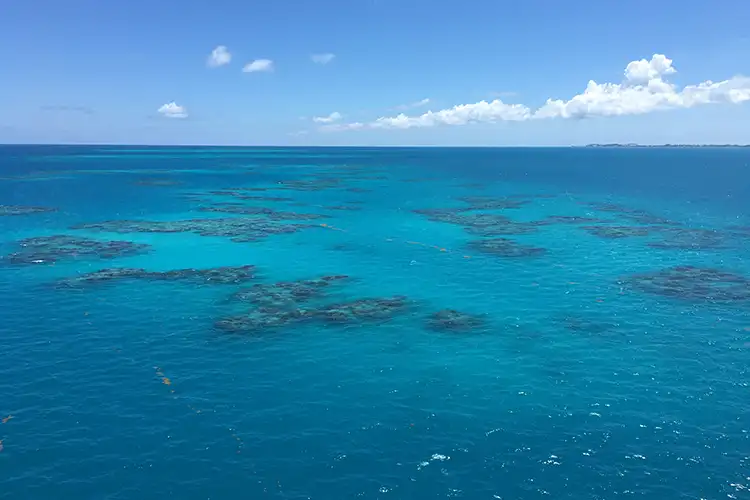
With the UN Ocean Conference approaching, the UK faces mounting pressure to ratify the Global Ocean Treaty amid growing international momentum
By
The United Kingdom is under increasing scrutiny for its failure to ratify the Global Ocean Treaty, a pivotal international agreement aimed at protecting marine biodiversity. This comes as six European Union countries – Cyprus, Finland, Hungary, Latvia, Portugal, and Slovenia – have formally submitted their ratifications at the United Nations headquarters, bringing the total number of ratifying nations to 28. The treaty requires 60 ratifications to enter into force.
Despite being among the first to sign the treaty in September 2023, the UK has yet to pass the necessary legislation to ratify it. Foreign Secretary David Lammy has expressed intentions to do so but has not provided a concrete timeline. Environmental organisations, including Greenpeace UK, and the International Development Committee are urging the government to expedite the process to avoid missing the upcoming UN Ocean Conference in Nice, France, scheduled for 9–13 June 2025.
Chris Thorne, Greenpeace UK’s senior ocean campaigner, stated: ‘David Lammy wants the UK to be a leader on climate and nature, so he can’t afford to miss the boat on signing the Global Ocean Treaty into UK law. The Treaty can help to protect a third of our blue planet from threats like industrial fishing.’
The treaty is seen as essential for achieving the global goal of protecting at least 30 per cent of the ocean by 2030, a commitment made by all governments in 2022. The upcoming UN Ocean Conference is viewed as a critical juncture for advancing this objective.
In addition to ratifying the treaty, Greenpeace is calling on the UK government to:
Prioritise the treaty’s ratification by allocating parliamentary time before the UN Ocean Conference.
Advocate for a global moratorium on deep-sea mining and leverage diplomatic channels to build support.
Implement a comprehensive ban on destructive fishing practices, including bottom trawling, within all UK marine protected areas.
Collaborate with territories such as Bermuda to establish high seas sanctuaries, notably in the ecologically significant Sargasso Sea.
As international momentum builds, the UK’s inaction could undermine its credibility in global environmental leadership and hinder collective efforts to safeguard marine ecosystems.




